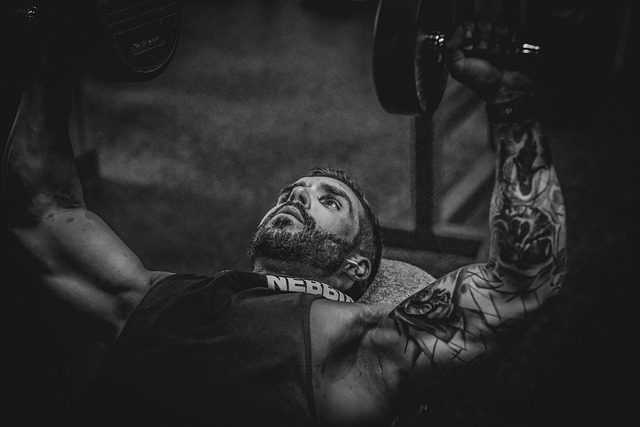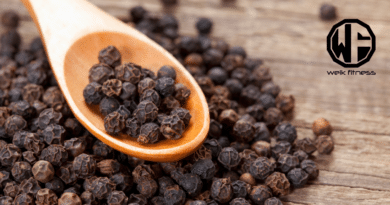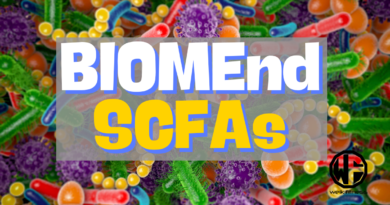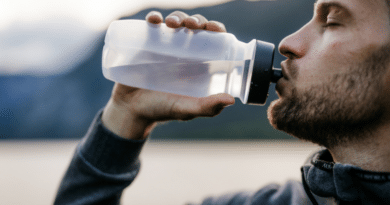The Importance of Post-Workout Nutrition
You put in the hard work at the gym, pushing your limits to build strength and achieve your fitness goals. But what if I told you the most critical part of that process happens after you’ve racked the weights through your post-workout nutrition?
As a certified sports nutritionist, I’ve seen countless people focus entirely on their workout, only to neglect the one thing that truly unlocks their results: post-workout nutrition.
Think of your post-workout meal as the essential repair crew. It’s not just about eating, it’s about giving your body the specific tools it needs to rebuild and come back stronger.
This guide will break down the science of recovery and give you the actionable strategies to turn your post-workout nutrition into your greatest advantage.
Disclaimer: This article is for informational purposes only and is not meant to treat or diagnose any condition. It is recommended that you speak with your doctor before starting any exercise program, changing your daily nutrition, or adding any supplements to your regimen.
Table of contents
Key Takeaways
- Proper post-workout nutrition is essential for repairing muscle, replenishing energy, and maximizing the results of your training.
- Aim to consume a meal or snack containing both protein and carbohydrates within two hours of your workout to optimize recovery.
- The International Society of Sports Nutrition (ISSN) recommends 20 to 40 grams of protein after a workout to kickstart muscle protein synthesis.
- Skipping post-workout nutrition can lead to increased muscle soreness, impaired muscle growth, low energy, and even a weakened immune response.
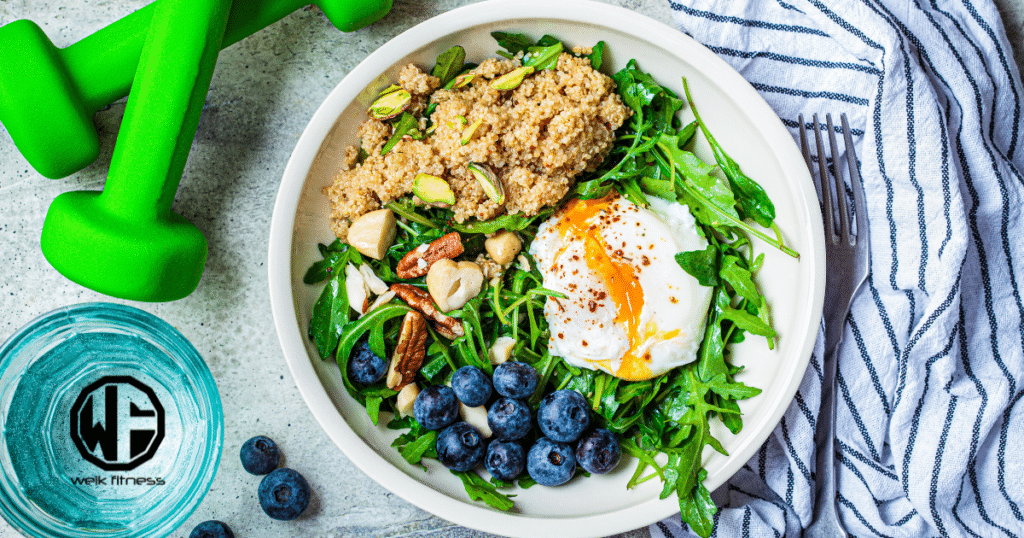
Post-Workout Nutrition is VITAL for Success
Your post-workout nutrition has two primary jobs: replenish your energy stores and repair your muscles. When you engage in resistance training, you create tiny micro-tears in your muscle fibers. This process, when followed by proper recovery, is what makes your muscles grow back bigger and stronger, a process called hypertrophy.
To kickstart this repair process, you need to supply your body with the right building blocks. The two most important macronutrients for this are protein and carbohydrates.
The Role of Protein
Protein provides the amino acids necessary to repair those muscle fibers. Think of it as the lumber and nails for your body’s construction crew. The International Society of Sports Nutrition recommends consuming 20 to 40 grams of high-quality protein to maximize muscle protein synthesis, the process of building new muscle.
Excellent post-workout protein sources include:
- Whey Protein: A fast-digesting protein, like that found in GHOST 100% Whey Protein Powder, is ideal for getting amino acids to your muscles quickly. A link to protein and amino acids can be found here.
- Whole Foods: Options like grilled chicken, salmon, eggs, and Greek yogurt are fantastic choices. For example, a 3-ounce serving of salmon provides about 17 grams of protein along with beneficial omega-3 fatty acids.
Why Carbohydrates Are Crucial
During your workout, your body uses stored glucose, called glycogen, as its main fuel source. Finishing a tough session leaves these stores depleted. Consuming carbohydrates as part of your post-workout nutrition helps replenish them, which is vital for energy and for fueling your next training session.
Research confirms that consuming carbs with a high glycemic index, which are digested quickly, is most effective for restoring glycogen. If you delay carb consumption by just two hours, the rate of glycogen replenishment can be reduced by as much as 50%.
Good sources of carbs for your post-workout nutrition include:
- Sweet potatoes
- Quinoa
- Fruit (like a banana or berries)
- Rice or rice cakes
- Oatmeal

What Happens If You Don’t Focus on Post-Workout Nutrition?
Skipping your post-workout nutrition is like putting in a full day at work and then telling your boss not to pay you. You did all the hard work but are missing out on the rewards. When you fail to refuel, you leave your muscles in a state of breakdown, which can have several negative consequences.
Related Article: Understanding Post-Workout Muscle Soreness
A 2024 survey by the Almond Board of California found that while 76% of Americans exercise weekly, two-thirds still report muscle soreness, highlighting a major gap in effective recovery practices.
Without the necessary nutrients, your muscle fibers cannot properly repair and rebuild. This means you’re essentially taking one step forward with your workout and two steps back with your recovery. With a lack of post-workout nutrition, you can experience:
- Impaired Muscle Growth: In a fasted state after a workout, muscle protein breakdown can remain significantly elevated for hours, leading to a negative protein balance where you lose more muscle than you build.
- Increased Soreness: Failing to refuel hinders muscle repair, leaving your muscles achier for longer. This condition is often referred to as Delayed Onset Muscle Soreness (DOMS).
- Low Energy and Poor Performance: Without replenishing glycogen, you’ll feel fatigued and lack the energy for your next workout, which can hurt your future performance.
- Mood and Mental Sharpness: Low blood sugar from depleted glycogen can lead to irritability and reduced mental focus. Your brain needs glucose to function optimally.

If your muscles are still sore and not fully recovered, training them again only adds more damage. This extends your recovery time even further and increases your risk of injury, preventing you from getting the results you want.
Related Article: The Importance of Pre-Workout and Post-Workout Meals
FAQs About Post-Workout Nutrition
How soon do I need to eat after a workout?
While the old idea of a strict 30-minute “anabolic window” has been debated, the general consensus is to eat within two hours of your workout. The sooner, the better, especially if you trained in a fasted state. The International Society of Sports Nutrition notes that the window to maximize recovery is wider than initially thought, but timely intake is still crucial for optimizing results.
Is a protein shake enough after a workout?
A protein shake is an excellent start because it’s fast-digesting. However, for optimal recovery, you also need carbohydrates to replenish your glycogen stores. An ideal post-workout shake would include a scoop of protein powder and a carb source like a banana or a half-cup of oats.
What should I eat after cardio vs. weightlifting?
Both forms of exercise deplete glycogen, but intense weightlifting causes more muscle micro-tears. After weightlifting, prioritize protein (20-40g) to repair muscle. After long or intense cardio, focus more on carbohydrates to refill energy stores, often with a carb-to-protein ratio of 3:1.
Can I skip a post-workout meal if I’m trying to lose weight?
No, this is a common mistake. Skipping post-workout nutrition can actually be counterproductive. Eating after exercise helps preserve your muscle mass, which is crucial for keeping your metabolism high. A post-workout meal doesn’t have to be huge, just strategic. A modest meal of lean protein and complex carbs fits perfectly into a weight loss plan.


*Disclosure: This article may contain affiliate links or ads, which means we earn a small commission at no extra cost to you if you make a purchase through these links. These commissions help support the operation and maintenance of our website, allowing us to continue producing free valuable content. Your support is genuinely appreciated, whether you choose to use our links or not. Thank you for being a part of our community and enjoying our content.
PLEASE CONSIDER SHARING THIS ON YOUR SOCIAL MEDIA TO HELP OTHERS LEARN MORE ABOUT THIS TOPIC.


